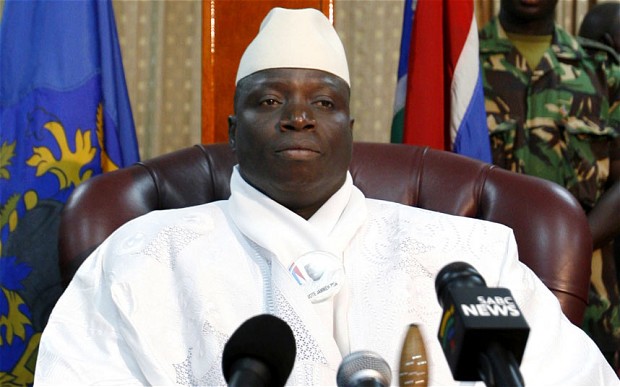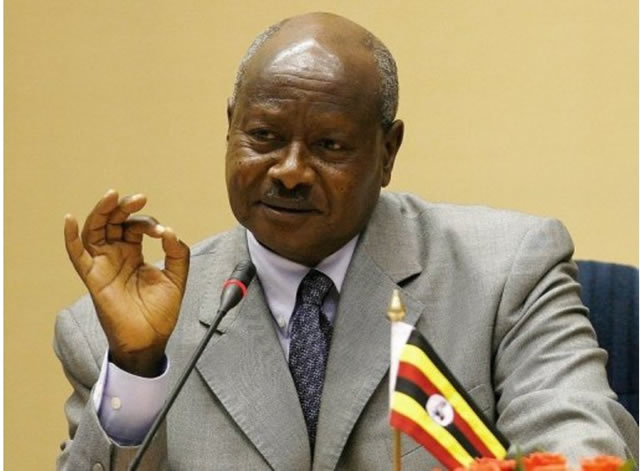Investment: Yes, on our terms

Joram Nyathi Group Political Editor
CONFEDERATION of Zimbabwe Industries president Charles Msipa recently led a high-powered delegation of captains of industry to the EU in a bid to attract foreign direct investment into our anaemic economy. Msipa said industry needed about $8 billion and the trip to Europe on January 26–31 was an initiative by the private sector to complement Government’s efforts to re-engage the international community.
Before the delegation left in search of the El Dorado in Europe, Msipa said: “We will try to explain and clear negative perceptions about Zimbabwe, the potential and prospects and what the opportunities for them (EU) are in this country.”
We shall be charitable and not ask why the initiative by the private sector came so late in the day; so late in fact that even the Europeans must be angry that the trip didn’t come earlier for them to use it as a face saver given what they have lost to the Chinese, Russians and Indians by way of investment opportunities. The decision by Belgium to break ranks with the sanctions league over Marange diamonds was not a fluke. It is called enlightened self-interest.
The Europeans are coming; not a deluge but they are desperate to have a share of Zimbabwe’s phenomenal mineral wealth. They bitterly rue the “lost decade” which didn’t bring about the regime change they sought.
My disappointment is that not only did the private sector come late out of its political shell to make the timid business trip to London, Brussels, Paris, etc. Local business still hasn’t bought into Government’s indigenisation and economic empowerment policies. Our business executives can’t convince anyone but the already converted to come and invest in the country.
This week I watched a short clip on BBC in which Msipa talked about the trip. Asked what the prospective investors had said, Msipa said they wanted to come but had “reservations about some policies in the country, such as indigenisation”.
So what did you tell them? Msipa was a whisker short of apologising to his investor-hosts for Zimbabwe’s impudent policies requiring natives to have total control of their resources.
“We explained that we were going to convey their sentiments to our policy-makers,” came Msipa’s shocking response. (I am paraphrasing.) This reveals a lot of discord between Government and the private sector. So it is only potential investors who have sentiments? The owners of resources have no sentiments to be conveyed to them, to tell them our terms of investment?
What is so difficult about telling a prospective investor that we have a 49-51 investment ratio where our 51 percent contribution is the resource they want to exploit? There is no need to be rude or insolent about it; just state the policy position. It can’t be changed overnight just to accommodate the Europeans.
Meanwhile back home President Mugabe was stating Zimbabwe’s sentiments without ambiguity or prevarication: investors should come on our own terms. He told a birthday party organized for him by his staff that Zimbabweans “would remain poor for centuries” if they allowed foreigners to own their resources. “Never, never, never again shall we make the mistake of allowing our resources, natural resources, to be owned by foreigners,” he declared.
He pointed out what is generally the case across the continent. Owners of the resource are offered a little money and the investor takes ownership of the oil or diamonds or gold. Very often we don’t even know the value of our own minerals beside what the foreigner tells us.
For instance, noted President Mugabe, “They say we will give you 12 percent because these machines cost a lot of money. To hell with those machines. They are not more valuable than the oil that lies underground. The diamonds you take away are not created in a day, but your machines can be repaired when they break down. Let us not be hoodwinked by huge caterpillars.”
The expectation is obviously that Government and the private sector speak with one voice on key policy issues.
And the key issues of the century relate to the control of resources: land, minerals, forests, animals, energy and transport infrastructure and skills to structure business deals which empower and enrich our people, not just the elite. These are key aspects of Zim-Asset.
President Mugabe is not alone anymore. African leaders are becoming more bold and assertive while our intellectuals remain mesmerised by the white man’s clever tricks.
In an interview with the New African Magazine President Yahya Jammeh of The Gambia was scornful of most so-called investment deals signed with Europeans which amount to a rape of African resources. He told the magazine: “… we, African leaders, deprive our people of benefiting from their God-given resources because we accept ridiculous deals that prevent us from earning enough to improve the lives of our people.”
President Jammeh said he had been approached by a French investor who said they would offer his country 5 percent or $400 million per year for exploiting oil worth billions of dollars from
The Gambia until the end of time. Jammeh refused to be seduced by talk of “huge caterpillars” and warned Mr Clever Fool that he risked arrest if he set foot again in The Gambia to make his insolent proposals.
President Jammeh said he was happy to let his nation’s oil lie in the earth if no one was prepared to pay fair value for it. A time would come, he said, when his nation would acquire the skills and technology to exploit the oil for the benefit of his people.
Uganda’s President Yoweri Museveni has just signed a law which criminalises gays relationships and sexually provocative miniskirts illegal. This was despite threats by some European countries and the US to cut aid. Museveni told them to go to hell and that he would not tolerate their “social imperialism”.
The campaign against Uganda is spearheaded by one Branson of Virgin Airlines who seems to believe that his business can thrive well in Africa only if people abandon their cultural values.
Nothing drastic will happen though because they want Uganda to fight their nemesis, the Al Qaeda-linked Al Shabaab movement in Somalia.
In another show of Africa crawling out of its post-colonial tutelage, AU leaders recently adopted a resolution that they would not attend an EU-Africa summit in Brussels in April if President Mugabe was not invited. He is an invited guest as we speak despite the travel ban.
Little Botswana, which gets 85 percent of its revenue from diamonds because it does cutting and polishing locally, has a forced a giant like De Beers to relocate its headquarters from London to Gaborone. Meanwhile, Zimbabwe is unduly excited to export the cutting and polishing jobs to Antwerp in return for miserly change from the sale of rough diamonds.
What am I saying?
Our private sector is the only odd one in the region, supported by their white South African cousins, happy to buck the trend. They can’t defend their national policies but are happy to be the messenger of foreign “sentiment”. Black economic empowerment, indigenisation and local beneficiation of minerals have become a national imperative which business should embrace.
We seem to be happy to scoff at our well-meaning policies to please foreigners and, like President Mugabe has warned, we risk remaining poor for centuries while we enrich already wealthy Europeans. Those who want to invest in Zimbabwe must do so on our own terms. It’s that simple. There is no charity about investment, tomorrow or in future.









Comments